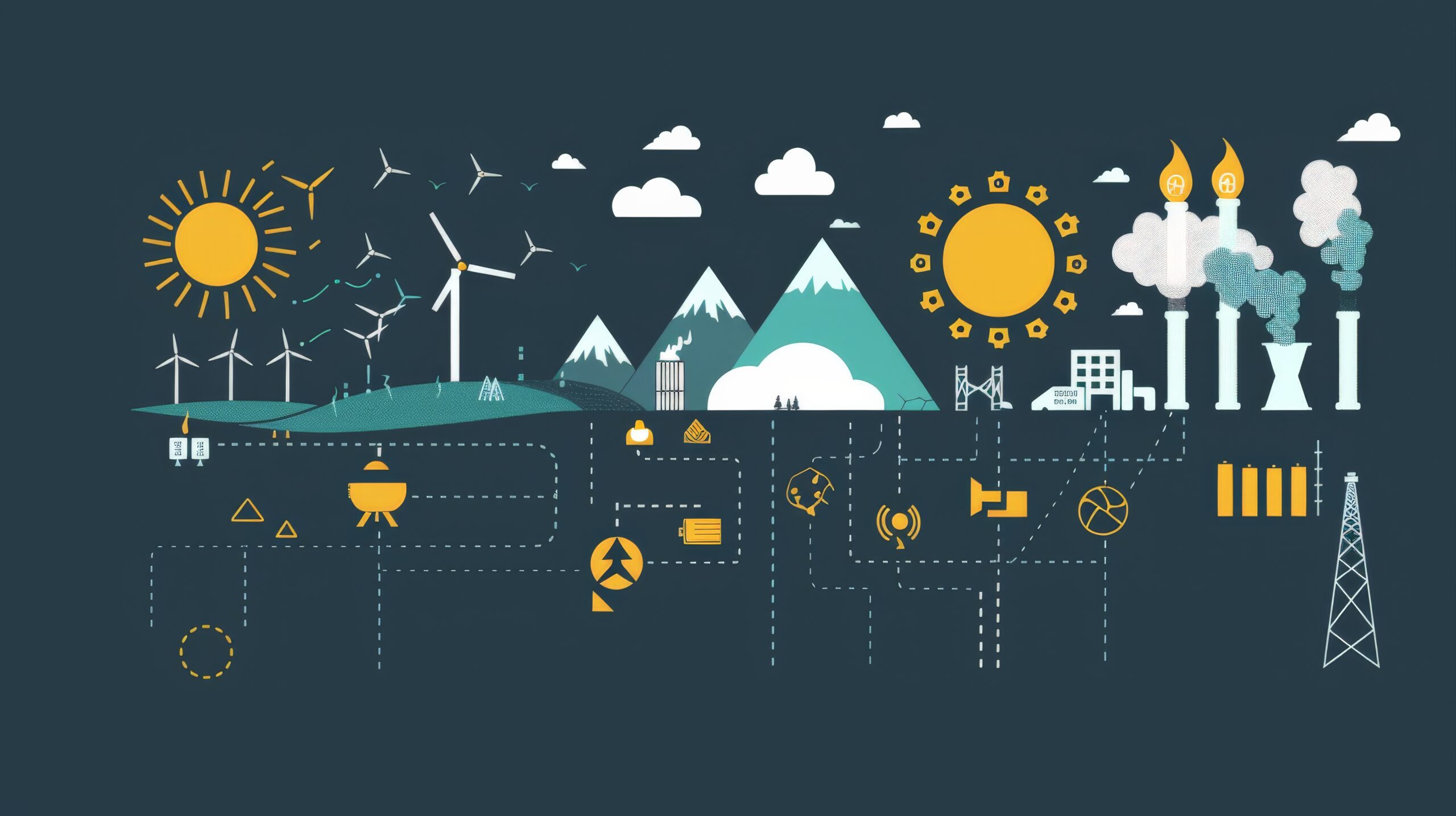The debate between solar energy and traditional energy sources like fossil fuels has intensified as concerns over climate change grow. Many people are now asking: What’s the real difference between solar energy and traditional energy, and which is better for the future? In this blog, we’ll compare both energy sources in terms of environmental impact, cost, scalability, and long-term viability.
Environmental Impact
One of the most significant differences between solar energy and traditional energy sources lies in their environmental impact.
- Solar Energy: Solar power is a renewable source of energy that produces no greenhouse gas emissions during operation. It harnesses the sun’s natural energy to generate electricity, making it one of the cleanest energy sources available. Solar energy reduces our reliance on fossil fuels, helping to combat climate change and decrease air pollution.
- Traditional Energy: Fossil fuels like coal, oil, and natural gas are non-renewable energy sources. The burning of these fuels releases harmful pollutants, including carbon dioxide, into the atmosphere. This contributes to global warming and has negative effects on air quality, water sources, and ecosystems.
Cost
When it comes to cost, both solar and traditional energy sources have their pros and cons.
- Solar Energy: The initial installation cost of solar panels can be high, but the long-term savings are substantial. After the system is installed, there are very few operational costs, and you can generate free electricity from the sun. Many governments also offer tax credits and incentives to offset installation costs, making solar more affordable. Over the system’s 25-30 year lifespan, homeowners can save tens of thousands of dollars on electricity bills.
- Traditional Energy: Fossil fuels are typically less expensive upfront. However, energy costs can fluctuate based on market conditions, geopolitical factors, and supply chain disruptions. As global reserves of fossil fuels dwindle, prices are expected to rise, making traditional energy sources less economically viable over time.
Energy Security and Independence
- Solar Energy: Solar energy offers greater energy security and independence. By installing solar panels, homeowners and businesses can generate their own electricity, reducing their reliance on utility companies and protecting themselves from energy price spikes. Solar energy is particularly valuable in remote or rural areas where access to the grid is limited.
- Traditional Energy: Fossil fuel-based energy systems rely on centralized grids and complex supply chains. These grids are vulnerable to disruptions caused by natural disasters, geopolitical conflicts, and fuel shortages. In times of energy crises, countries that rely heavily on fossil fuels are at risk of supply disruptions.
Scalability and Viability
- Solar Energy: Solar power is highly scalable. It can be used to power anything from a small home to a large city. Solar installations can be built in areas with abundant sunlight, such as deserts or rooftops, without significant land disruption. The only limitation is that solar panels require sunlight to generate electricity, making them less effective in cloudy or shaded environments.
- Traditional Energy: Fossil fuel energy production is more scalable in the sense that it provides continuous power regardless of weather conditions. However, the long-term viability of fossil fuels is questionable due to their finite nature. As fossil fuel reserves deplete, the cost and environmental damage associated with their extraction will only increase.
When comparing solar energy to traditional fossil fuels, solar power comes out ahead in terms of environmental impact, cost-effectiveness, energy security, and long-term sustainability. While fossil fuels have been the backbone of energy production for decades, their negative impact on the environment and rising costs make them less appealing for the future. Solar energy, on the other hand, is a renewable, clean, and scalable solution that is likely to play a key role in the global transition to sustainable energy.

